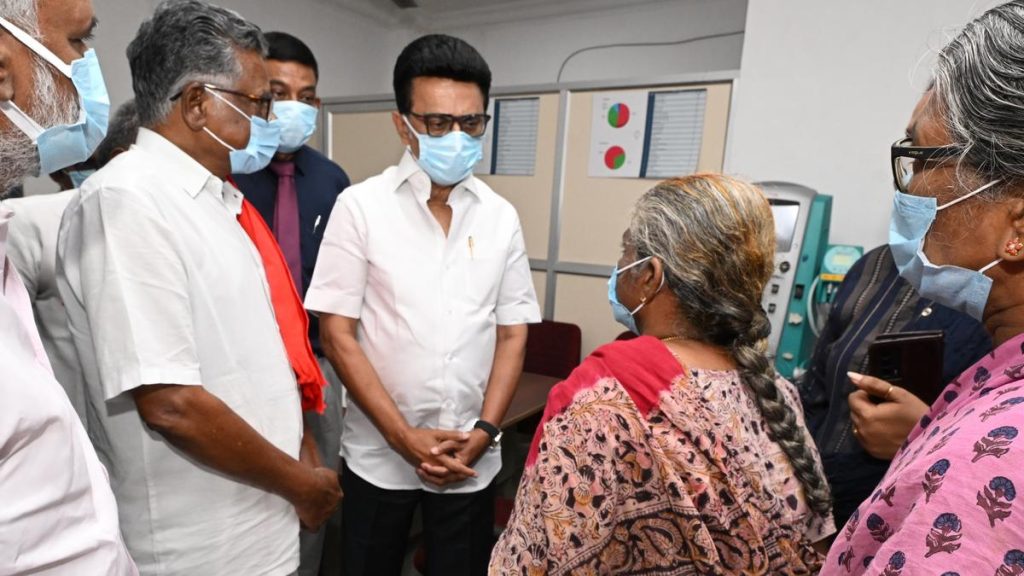Now Reading: BWSSB Faces 25% Monthly Revenue Deficit Despite Tariff Hike
-
01
BWSSB Faces 25% Monthly Revenue Deficit Despite Tariff Hike
BWSSB Faces 25% Monthly Revenue Deficit Despite Tariff Hike

Quick summary:
- Bangalore Water Supply and Sewerage Board (BWSSB) faces 25% revenue deficit despite recent tariff hikes.
- BWSSB’s monthly operational expenditure stands at ₹239.40 crore, with ₹124 crore allocated to energy bills.
- New tariff rates include up to 1 paise per litre for domestic users, up to 1.9 paise per litre for commercial users, a 25% hike in sewage charges, and increased sanitary charges for borewells and wells.
- Post-hike monthly revenue is pegged at ₹180 crore-₹182 crore compared to the previous ₹138 crore-₹139 crore, still leaving a deficit of around ₹60 crore/month or ₹720 crore/year.
- Efforts are underway to reduce Unaccounted for Water (UfW) from it’s current level of 28%, including pipeline replacement projects and technology adoption.
- special drives initiated to recover arrears amounting to ₹395 crore: half owed by government institutions (state/central),half by commercial industries/buildings.
- BWSSB explores renewable energy solutions like solar panel installations on its properties to cut costs.
- revenue diversification includes selling treated water,incentivizing dual piping systems among bulk users (proposal still under review),producing compressed Biogas (CBG) from sewage sludge,and marketing sludge as manure.
Indian Opinion Analysis:
BWSSB’s financial struggles highlight broader challenges in urban infrastructure management amidst increasing demand due to expanding city populations. The cited measures-like plugging leaks thru updated pipelines, recovering dues aggressively, introducing solar panels for cost cutting-are critical steps toward sustainability but may take time before yielding impactful results.
The move toward diversified revenue streams such as treated water sales reflects a proactive approach but needs stronger implementation models alongside policy support. Activists’ recommendations about annual tariff revisions and monetizing groundwater usage underline potential pathways not yet fully exploited-suggesting room for regulatory innovation.
Furthermore, integrating renewable resources like solar power portrays BWSSB’s commitment toward reducing dependency on conventional energy sources amid high electricity bills. However, sustained efforts backed by institutional reforms will be essential not only for addressing immediate concerns such as debt repayment but also ensuring long-term self-sufficiency.
For read more: link

























